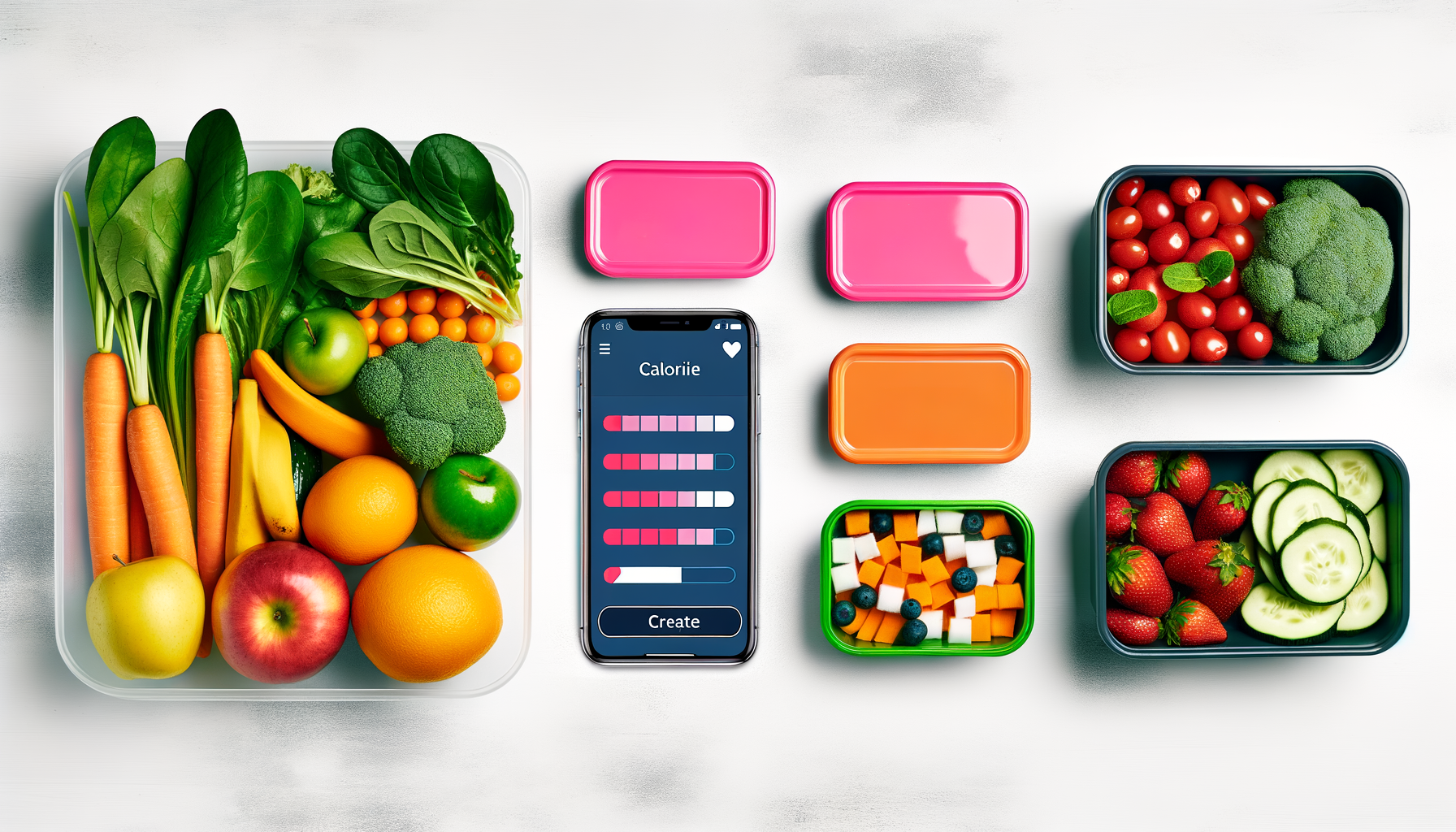The Role of WordPress Calorie Calculators in Eating Disorder Support
Understanding the Intersection of Technology and Eating Disorder Support
Eating disorders are complex mental health conditions that require comprehensive approaches combining medical, psychological, and nutritional interventions. With the digital age transforming many aspects of healthcare, tools like calorie calculators have become increasingly relevant. Specifically, WordPress calorie calculators offer a unique opportunity to support individuals navigating eating disorders while promoting responsible nutritional awareness.
However, the role of these calculators is nuanced. While they provide valuable information about caloric intake tailored to individual needs, they also carry risks if used irresponsibly. This discussion dives into how WordPress calorie calculators can be integrated responsibly into eating disorder support frameworks to enhance recovery and well-being.
The Science Behind Calorie Calculators and Their Application
Personalized Caloric Needs Calculation
Calorie calculators use scientifically validated formulas like the Mifflin-St Jeor equation to estimate Basal Metabolic Rate (BMR) and daily caloric needs. These calculators take into account factors such as age, sex, weight, height, and activity level to generate an estimate of the calories an individual requires to maintain, lose, or gain weight.
The WP Calorie Calculator WordPress plugin exemplifies this approach by allowing users to input their personal data and select lifestyle parameters, which generates precise daily calorie recommendations. This personalization is essential in eating disorder recovery, where caloric needs may drastically differ from generic values.
Integration in Eating Disorder Recovery Programs
Incorporating advanced tools like the WP Calorie Calculator Pro into recovery plans enables healthcare providers to monitor and guide patients with tailored nutritional plans. Such calculators can adapt to specific recovery stages, accounting for heightened metabolic demands during nutritional rehabilitation phases following restrictive eating disorders.
For example, individuals recovering from anorexia nervosa often experience a hypermetabolic state, requiring significantly more calories—sometimes up to 3500-4000 kcal per day—than typical dietary guidelines suggest. A responsive calorie calculator helps dietitians tailor energy intake precisely, supporting healthy weight restoration and minimizing risks of relapse or malnutrition.
Responsible Use: Avoiding Potential Pitfalls
Understanding the Risks of Misuse
While calorie calculators are invaluable tools, they must be used responsibly, especially among populations vulnerable to disordered eating behaviors. Unrestricted calorie counting apps have been shown to sometimes exacerbate eating disorder symptoms by fostering obsessive behaviors and rigid dietary restrictions.
As highlighted by research on tools like MyFitnessPal, which can contribute to pathological calorie fixation, it's critical that WordPress calorie calculators designed for eating disorder support avoid triggering features. This includes minimizing emphasis on strict calorie limits and offering educational context that emphasizes balanced nutrition rather than rigid counting.
Designing User-Friendly, Safe Interfaces
The Calorie Calculator Cloud provides a model for responsible calculator design. It offers customizable, non-triggering interfaces specifically tailored for eating disorder treatment centers, allowing for user control over which features display and how results are communicated. This ensures that patients receive helpful guidance without encouraging harmful behavior.
The ability to integrate these calculators within treatment websites or standalone applications enhances accessibility while maintaining a supportive environment. Multilingual support further broadens reach, ensuring diverse populations benefit from these resources.
Practical Applications and Case Studies
Clinical Integration and Patient Empowerment
Healthcare providers who adopt WP Calorie Calculator tools in their practice can empower patients by offering transparent, personalized nutritional data that complements therapeutic goals. For instance, dietitians treating bulimia nervosa can use the calculator to create nutrition plans that stabilize eating patterns without triggering anxiety about calorie intake.
Studies from specialized centers show that patients using personalized calorie calculators under professional guidance experience better adherence to treatment protocols and improved nutritional outcomes. This technology acts as a bridge between abstract medical recommendations and daily practice, making recovery goals more tangible.
Community and Educational Outreach
Beyond clinical use, WordPress calorie calculators can be embedded in public-facing websites dedicated to eating disorder support and awareness. This helps demystify calorie needs and nutrition for users considering recovery, offering preliminary guidance and motivating professional consultation. When combined with educational resources, such calculators foster informed decision-making.
For example, wellness blogs can integrate the calculator plugin to promote healthy eating habits while cautioning about responsible use, thereby supporting early intervention efforts.
Concluding Thoughts and Next Steps for Practitioners
WordPress calorie calculators, when thoughtfully integrated and used responsibly, are powerful allies in the multifaceted approach required for eating disorder support. They provide precise, individualized data that can guide recovery nutrition and empower patients, while also serving as educational tools within communities.
Practitioners interested in enhancing their nutritional therapy offerings should consider adopting plugins like the WP Calorie Calculator Pro. Its customizable features, scientific foundation, and user-friendly interface make it ideal for sensitive applications such as eating disorder recovery programs.
Ultimately, the success of these tools depends on balanced deployment alongside professional oversight. By combining technology with compassionate care, we can create environments that support sustainable recovery, promote nutritional literacy, and reduce the stigma surrounding eating disorders.
For more information and to explore features tailored for healthcare and recovery settings, visit the WP Calorie Calculator website and join the growing community dedicated to responsible, informed nutritional support.











